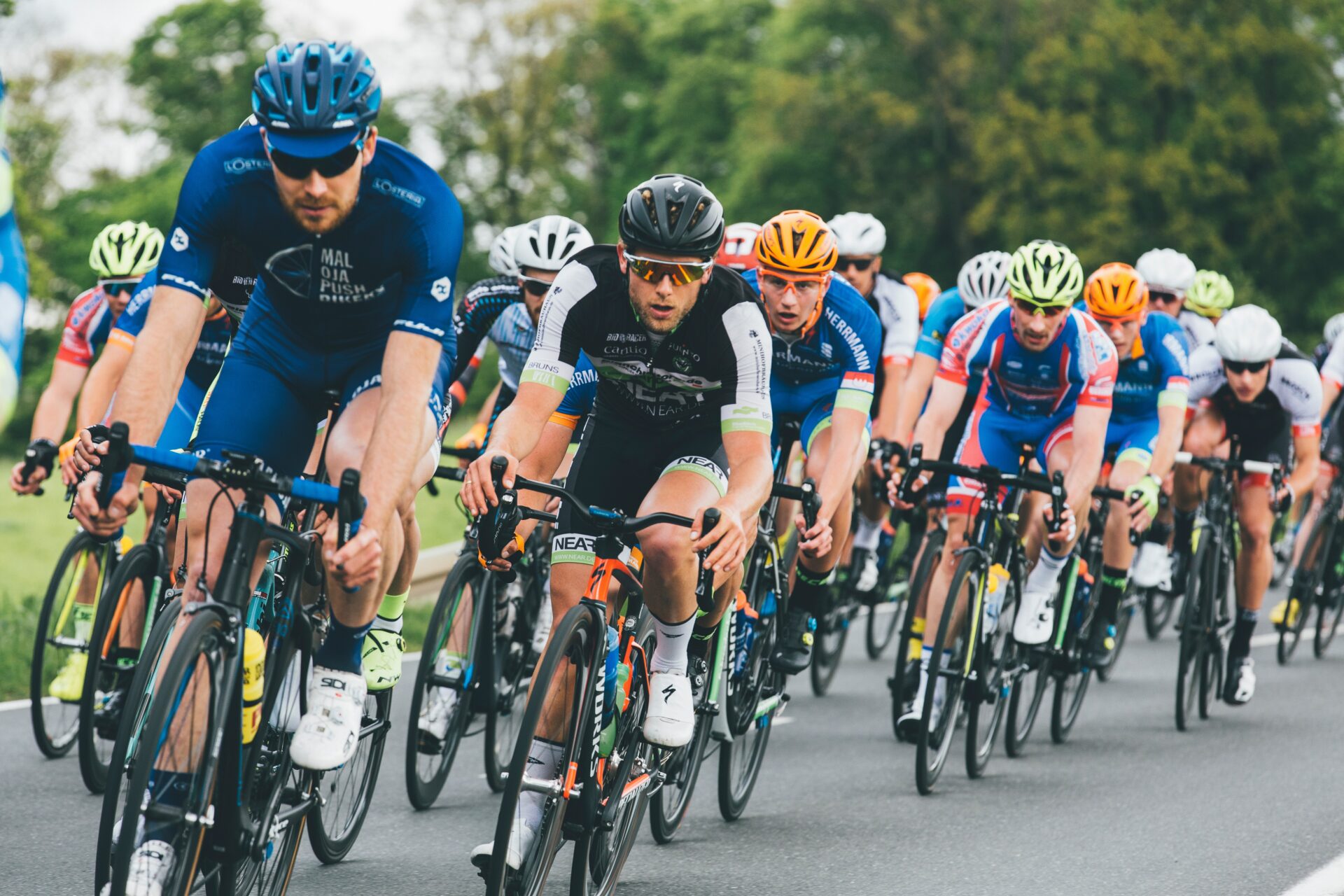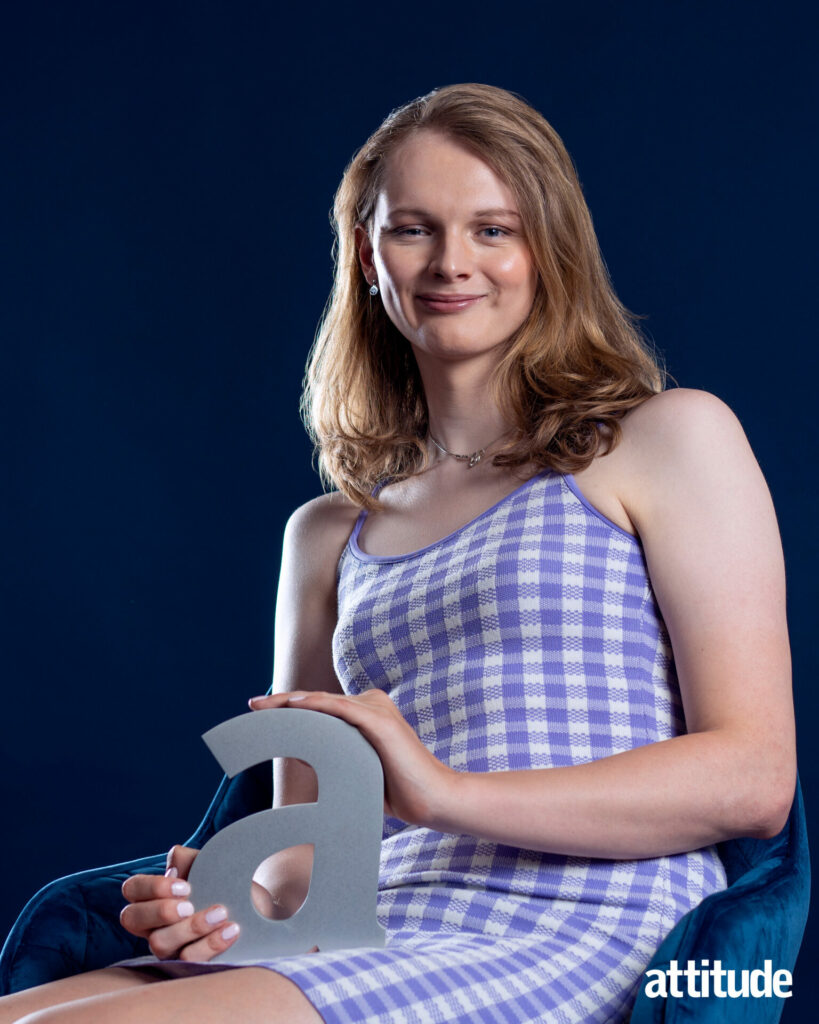British Cycling hopes for new trans and non-binary policy in Spring 2023
The organisation has also offered updated guidance for trans and non-binary participation.

British Cycling has posted an update to its policy guidance for trans and non-binary cyclists as well as the ongoing review of the policy.
Posting the update on Thursday (17 November) British Cycling affirmed its commitment “to ensuring that trans and non-binary people are welcomed, supported and celebrated in the cycling community”.
In April the organisation’s policy on trans and non-binary participation at events and competitions was suspended pending a full review. It followed the case of the British cyclist Emily Bridges, who is trans, and who had recently been barred from competing in the National Omnium Championships after the sport’s world governing body, Union Cycliste Internationale (UCI), ruled she was ineligible.
British Cycling had stipulated that riders must have testosterone levels below five nanomoles per litre for a 12-month period prior to competition. Bridges had met this requirement but was nonetheless harassed by sections of the media and people online.
In June, UCI updated its own policy extending competitors’ transition period on low testosterone to 24 months from 12 and halving the permitted plasma testosterone level from five nanomoles per litre to 2.5.
In its update on Thursday, British Cycling offers updated guidance that it says it hopes provides clarity in the wake of the policy suspension in April. It makes clear that, “All participants must be treated with respect at all times,” and that, “All participants have an equal right to participate in British Cycling recreation activities free from discrimination of all kinds.”
It continues that any concerns about a participant’s eligibility should be made after the event to the British Cycling compliance team, indicating that anyone should be allowed to compete as long as they have a licence.
“Where queries surrounding a participant’s eligibility are raised at the event or out of office hours, the participant should be permitted to race and following the event, the Compliance team can be contacted to check the participant’s eligibility,” British Cycling writes.
The guidance also says participants should be “able to use facilities which match their gender identity.” Gender-neutral or private changing facilities “should be provided If the venue can offer gender neutral or private changing facilities, then this “would be encouraged as an option for participants” if they are available.
“For events which do not require a British Cycling Race Licence, eligibility to compete will depend on the requirements of the relevant licensing body,” the guidance also says as well as placing responsibility for checking eligibility on participants ahead of any events.
The guidance from British Cycling also offers advice on the use of language, ensuring it is respectful, and encouraging people, “if you are unsure as to how someone would like to be addressed then it is okay to ask.
“If mistakes are made, we just need to apologise, correct ourselves and ensure that we use their preferred terms in future.”
In a statement announcing the updated guidance, British Cycling indicates a consultation process on its policy has begun and will conclude in the New Year. This will then be reviewed by “independent experts’ before being given to the British Cycling board for approval.
Writing that, “We want to ensure that the review and development of the policy is robust,” and that it understands this is frustrating for many in the sport, British Cycling says it is aiming to publish its new policy in Spring 2023.

Speaking to Attitude as she collected her Attitude Pride Award earlier this year Emily Bridges, who came out as trans in 2020, addressed the UCI’s policy change in June.
“A lot of the wording and the way the guidelines have been formatted — it feels like they’re trying to put off trans people. There are a lot of complexities and weird loopholes that I feel have been put in there to catch people out.”
She also commented on the harassment she got after being ruled ineligible to race.
“I knew there was going to be a lot of coverage, but I never thought it would get as big as it did. It’s been tough, because suddenly everyone has an opinion on you. On your body, how you look — on your rights. It’s surreal for tens of thousands of people to be commenting on that.”
And though she was supported by family and friends, she reveals, “I had to shut down social media for three weeks. I had journalists turn up at my front door. I thought complete strangers might show up.” She admitted it was a scary time but she had got through a lot of it.
She also shared that because of the toxicity, “I was ready to walk away. I’m surer, now, that cycling is inclusive in places. But there’s a long way to go.”
